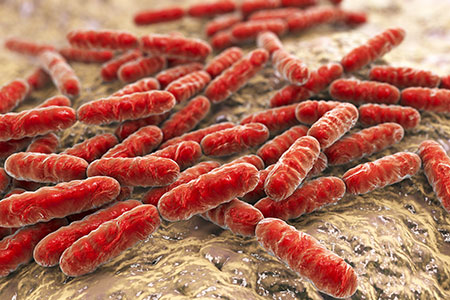 On August 8, 2018, Randi Lundberg, DVM, PhD published a review paper titled, Humanizing the gut microbiota of mice: Opportunities and challenges in the journal, Laboratory Animals. The author acknowledges the need for in vivo models to study the human microbiome's interaction with a biologically relevant host. Mice are one of the most popular animal models used in biomedical research and have been adopted as one of the primary animal models used in microbiome research.
On August 8, 2018, Randi Lundberg, DVM, PhD published a review paper titled, Humanizing the gut microbiota of mice: Opportunities and challenges in the journal, Laboratory Animals. The author acknowledges the need for in vivo models to study the human microbiome's interaction with a biologically relevant host. Mice are one of the most popular animal models used in biomedical research and have been adopted as one of the primary animal models used in microbiome research. There are two basic approaches to colonizing mice with human gut microbiota. In one, referred to as reductionist; a single or multiple defined organism(s) are transferred to germ-free mice. In this case the researcher is seeking to understand how an individual or combination of known bacteria affect the host, interact with each other, or are affected by the host.
The other approach is called the holistic approach and is explained in this way: "It involves transferring a complex gut microbiota (GM) from human patients or healthy donors to germ-free hosts. Mechanistic insights are more difficult to obtain from studies utilizing the holistic approach, whereas it is useful for hypothesis-generation and for proving the causative role of GM in various conditions by phenotype transfer from donor to recipients."
The author presents a table showing examples of human-to-mouse gut microbiota studies across a wide range of diseases such as obesity, neurodegenerative, and oncology. The table provides a short summary of model features. Table 2 lists human gut bacteria that have been transferred to germ-free mice and have had varying colonization success. The reader will find these tables useful when considering model development for their specific studies.
Dr. Lundberg points out that all models, including rodents colonized with human gut microbiota have their pros and cons. In order to attain valid results that are translatable, it is important to fully understand the model you are working with. The paper states:
Taconic Biosciences offers a number of products and services which support microbiome research.






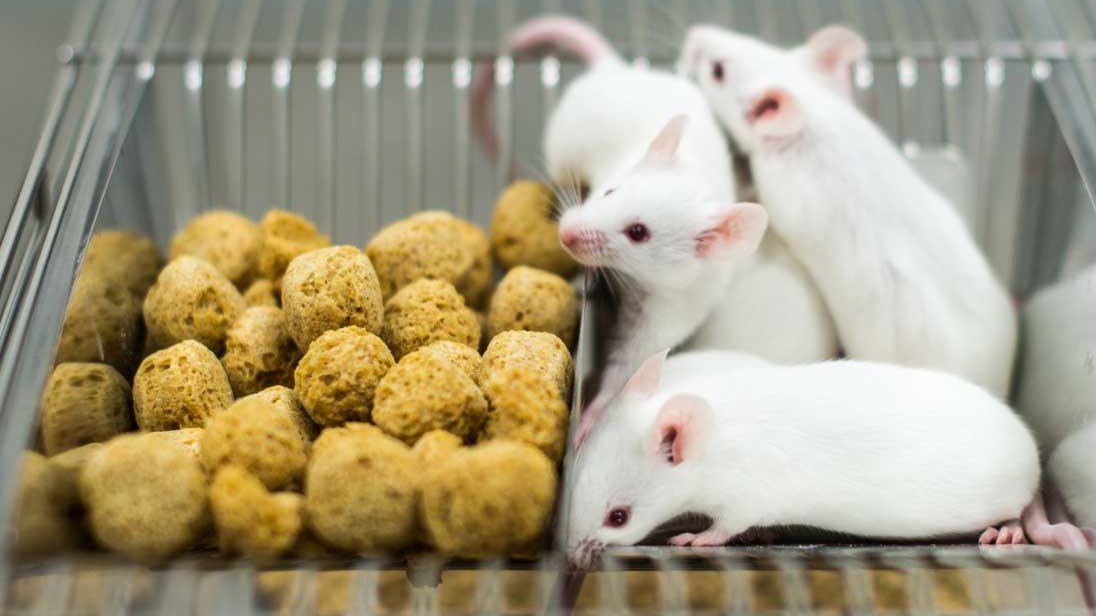
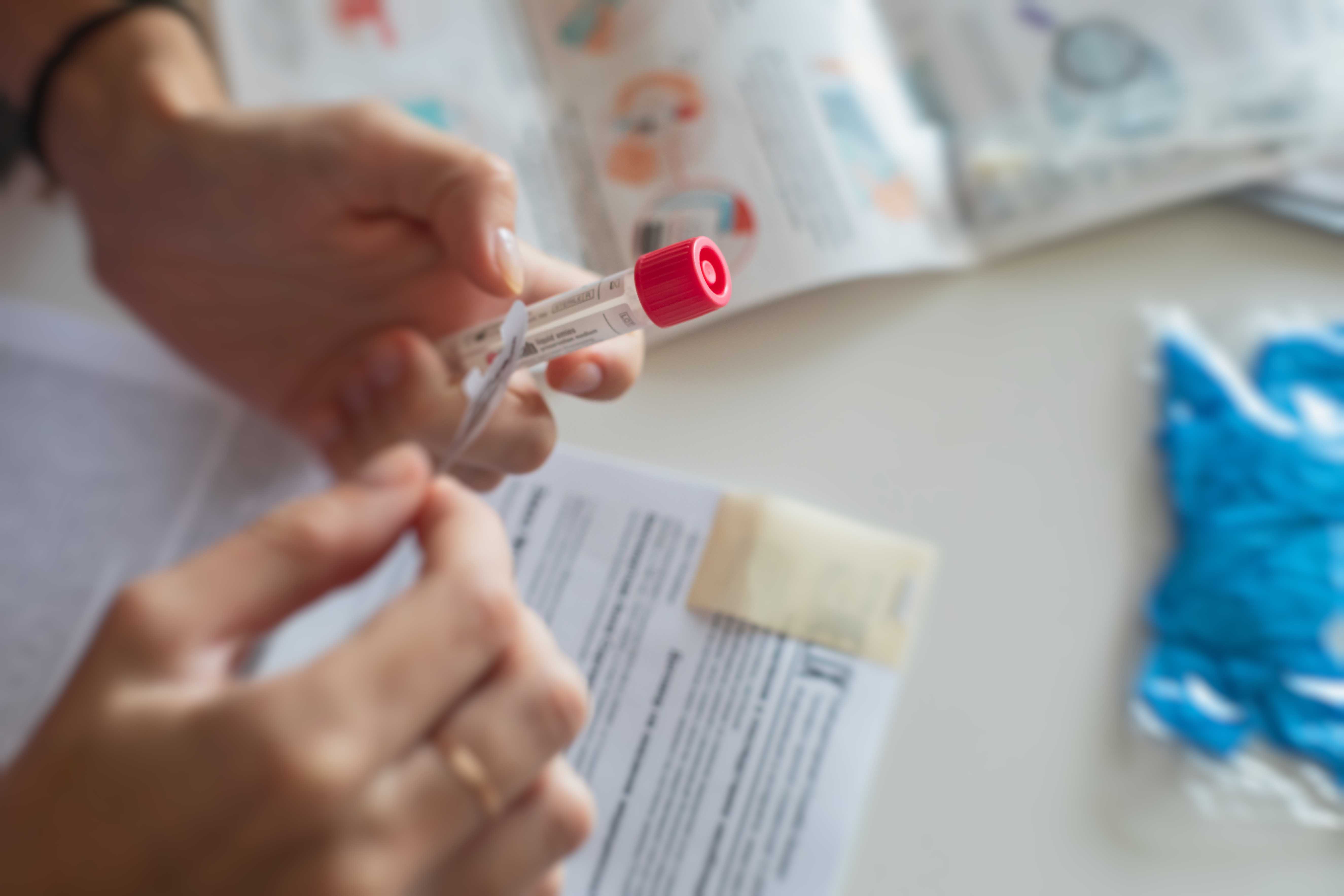







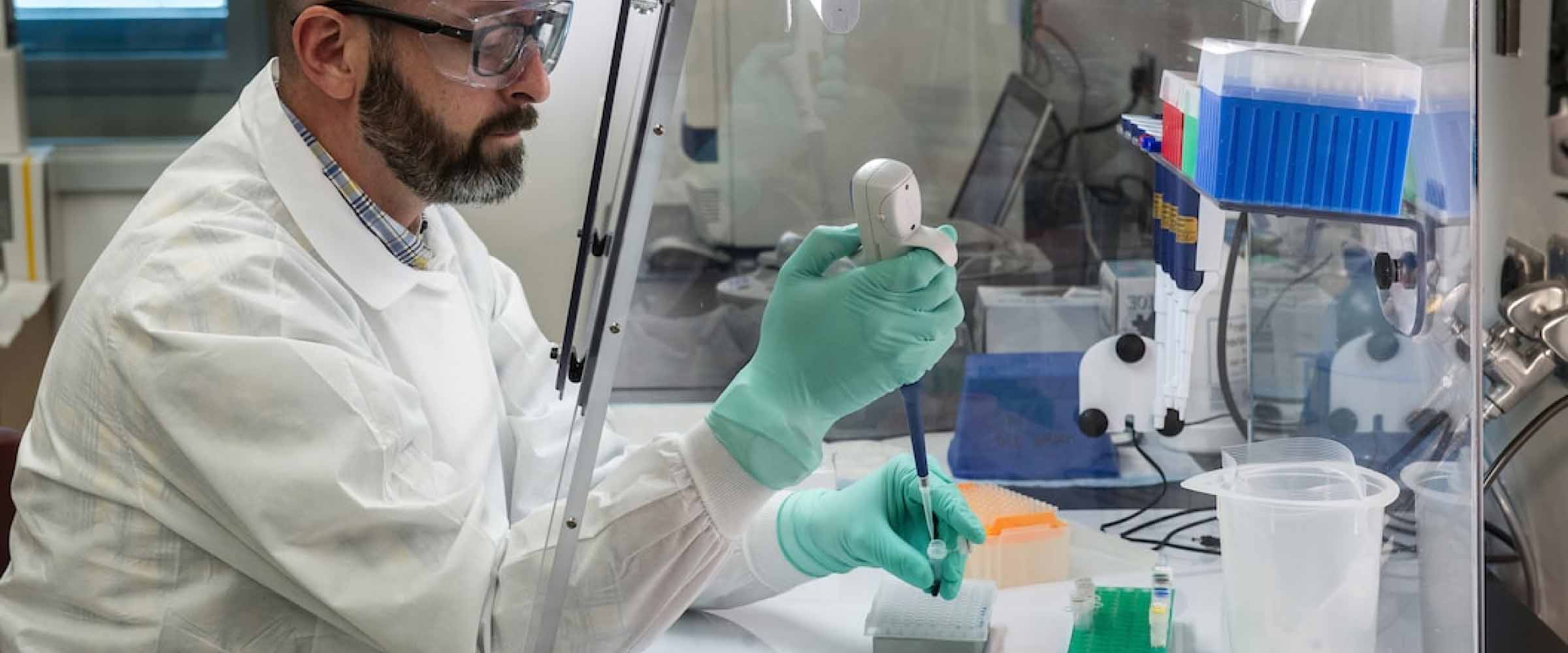
.jpg)

.jpg)
.jpg)
.jpg)
.jpg)
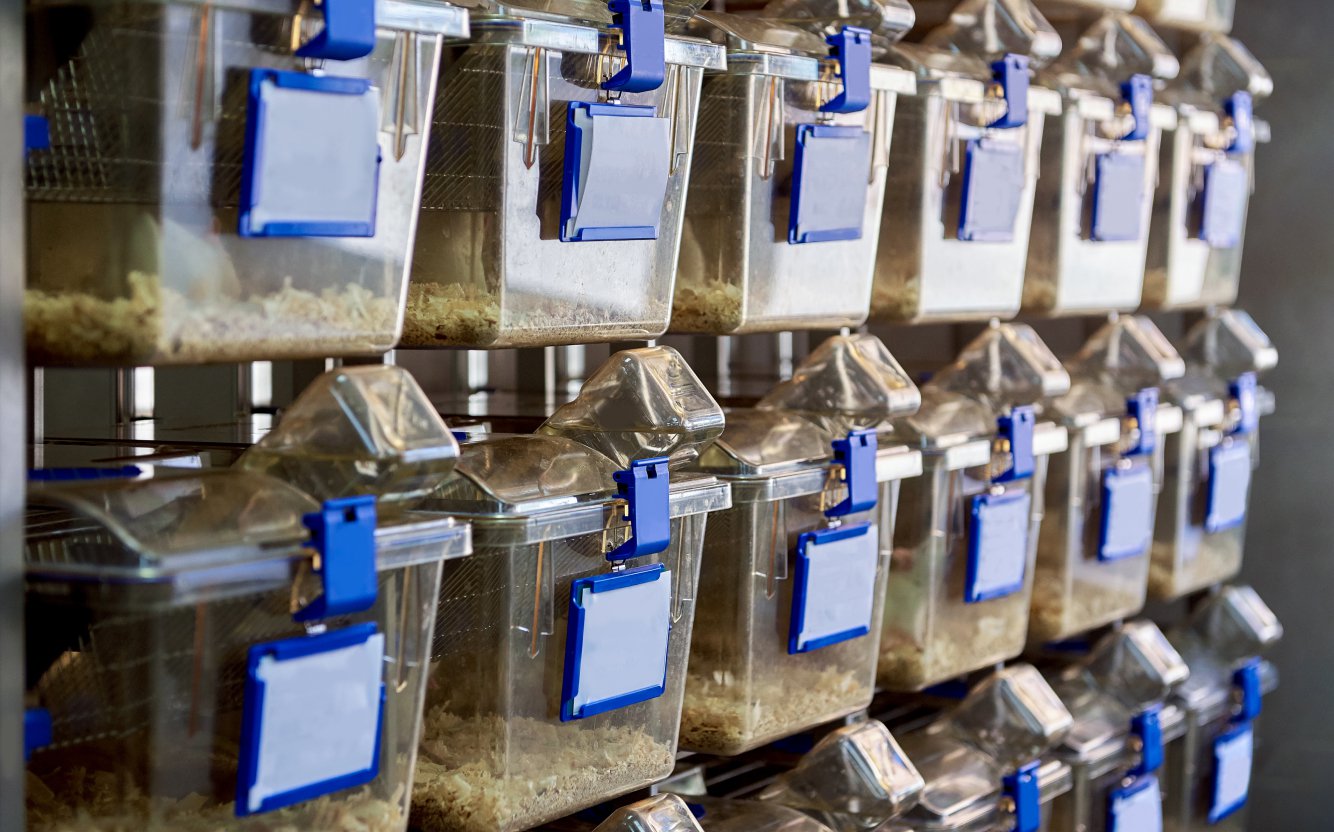
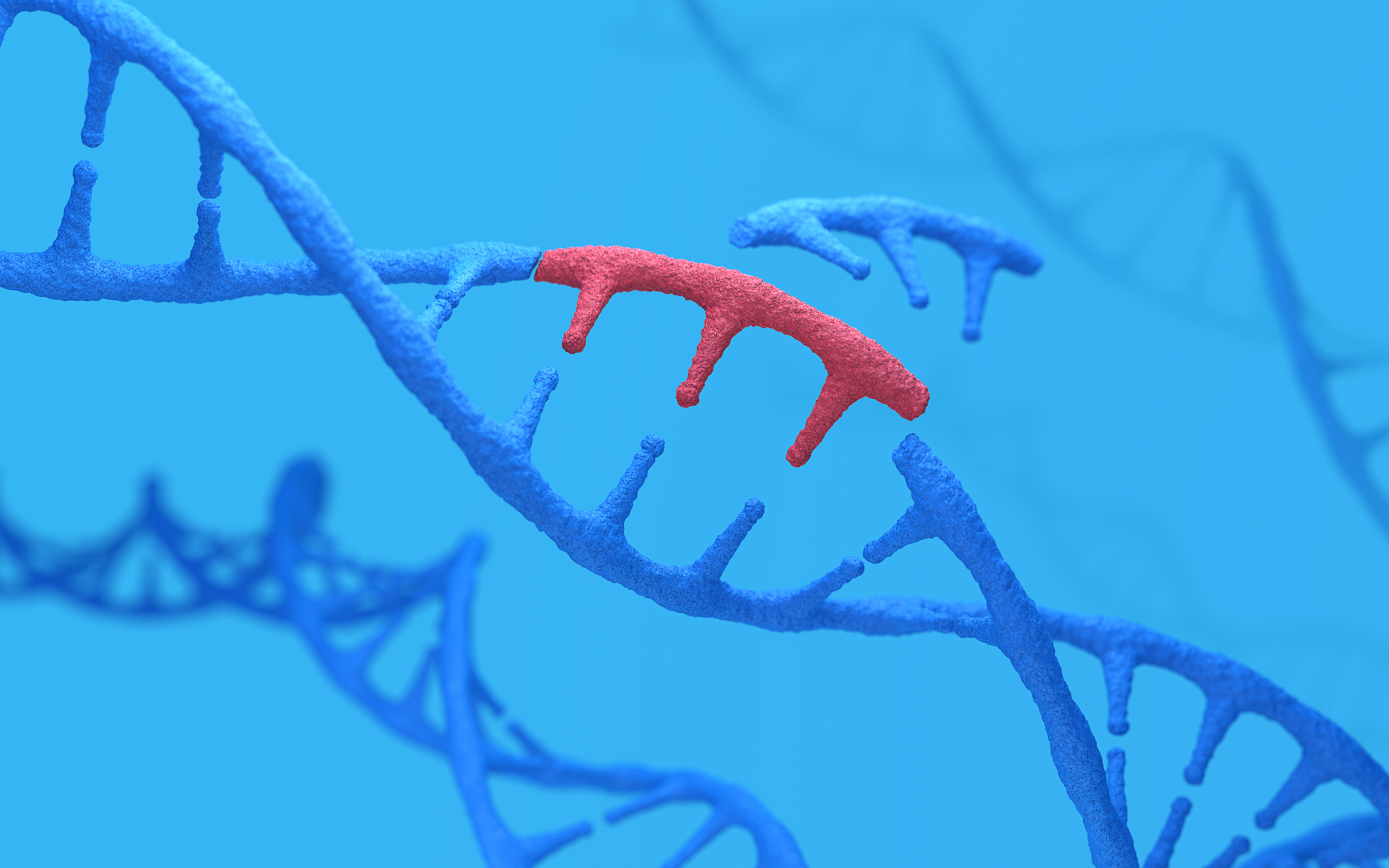
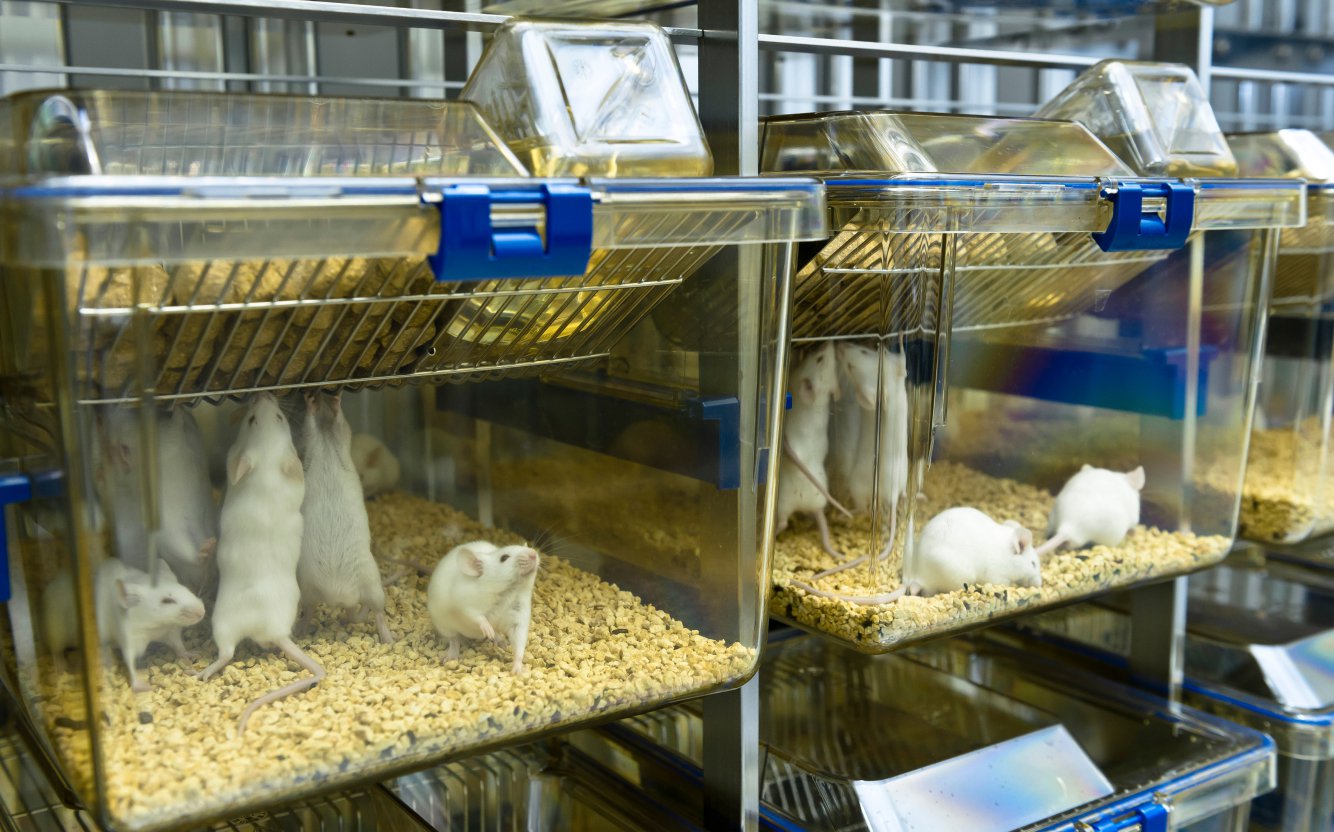


.jpg)

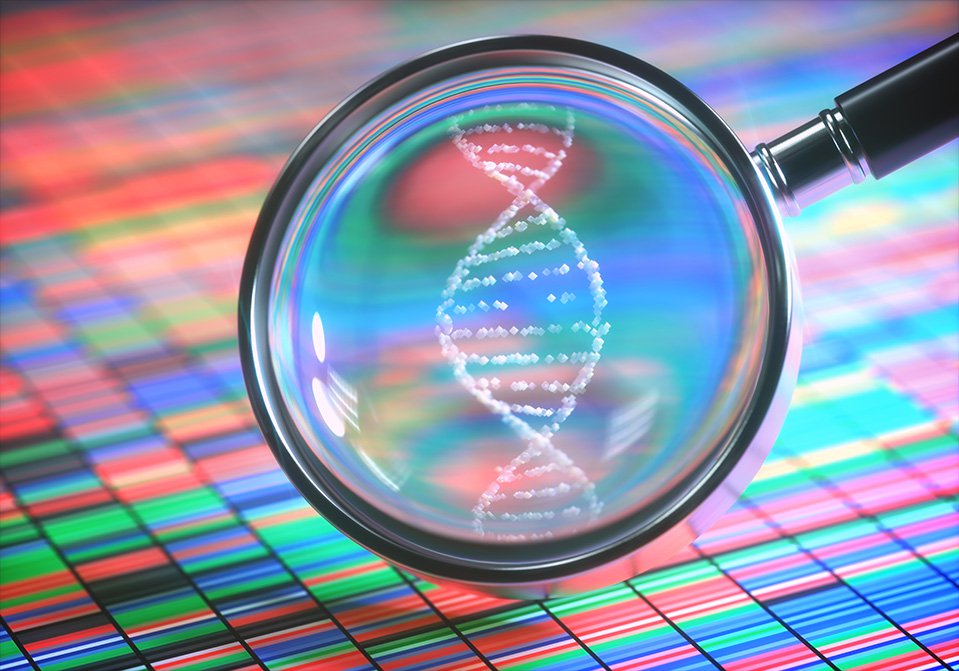
.jpg)
.jpg)

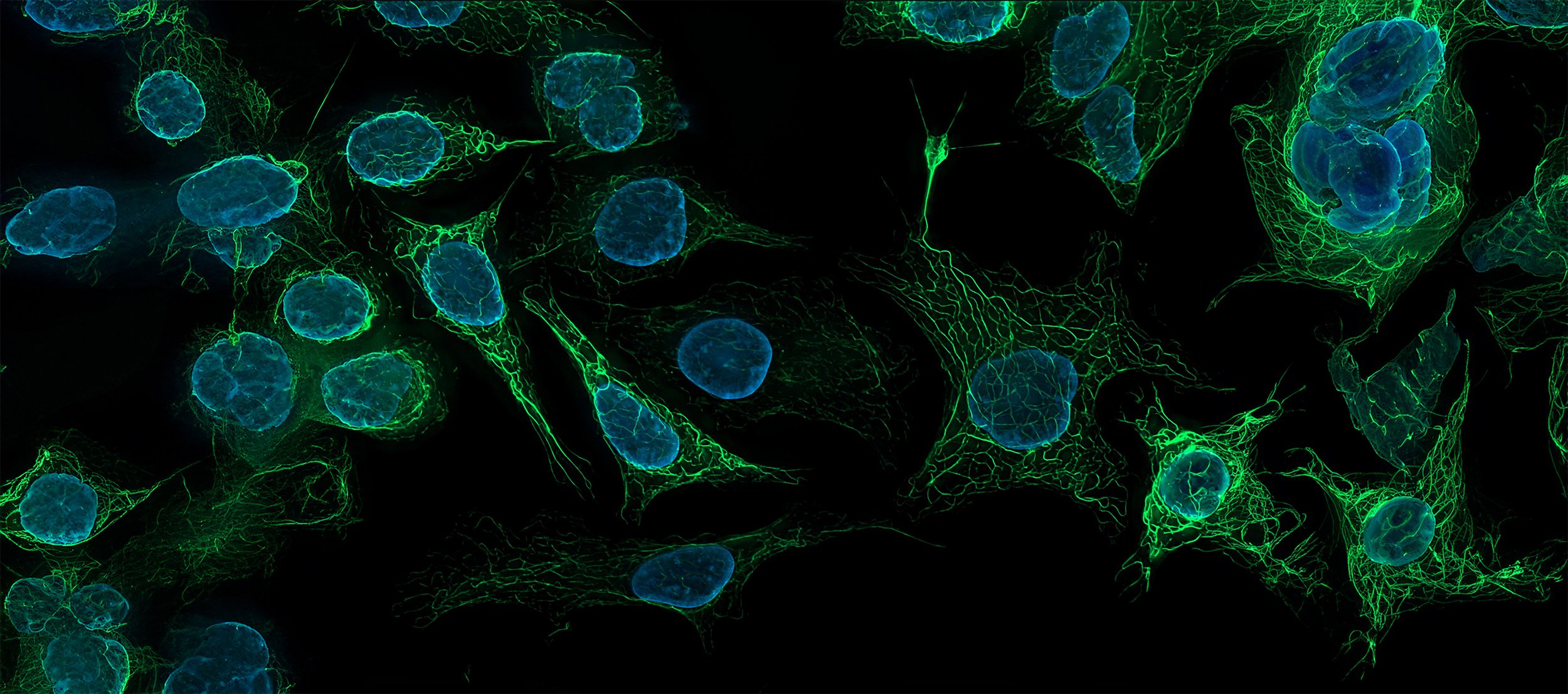
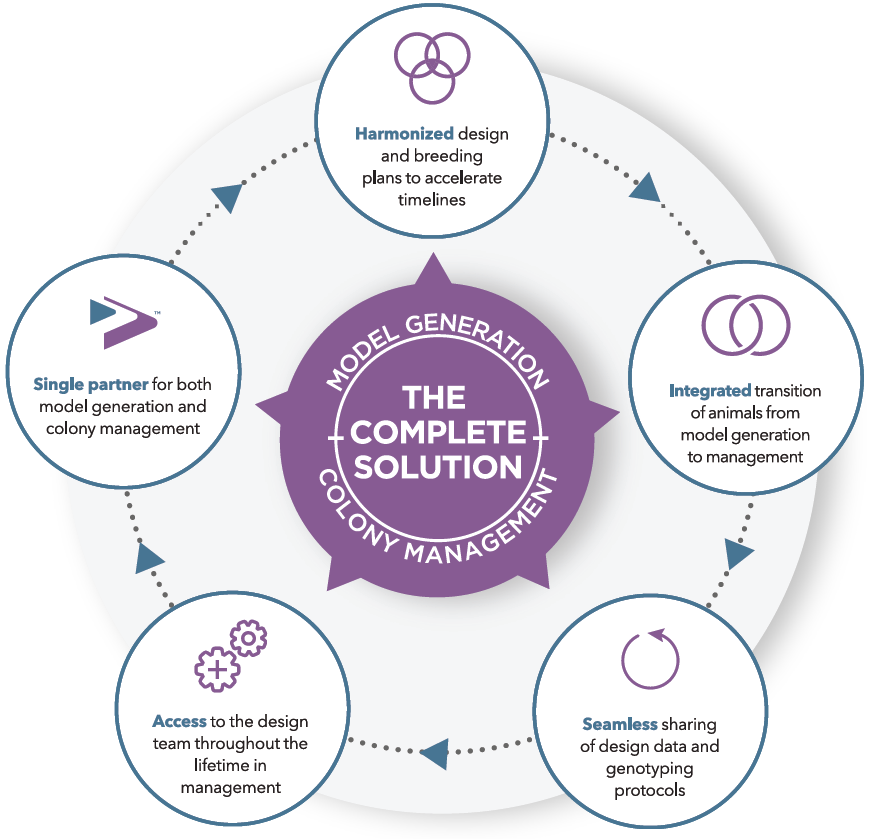
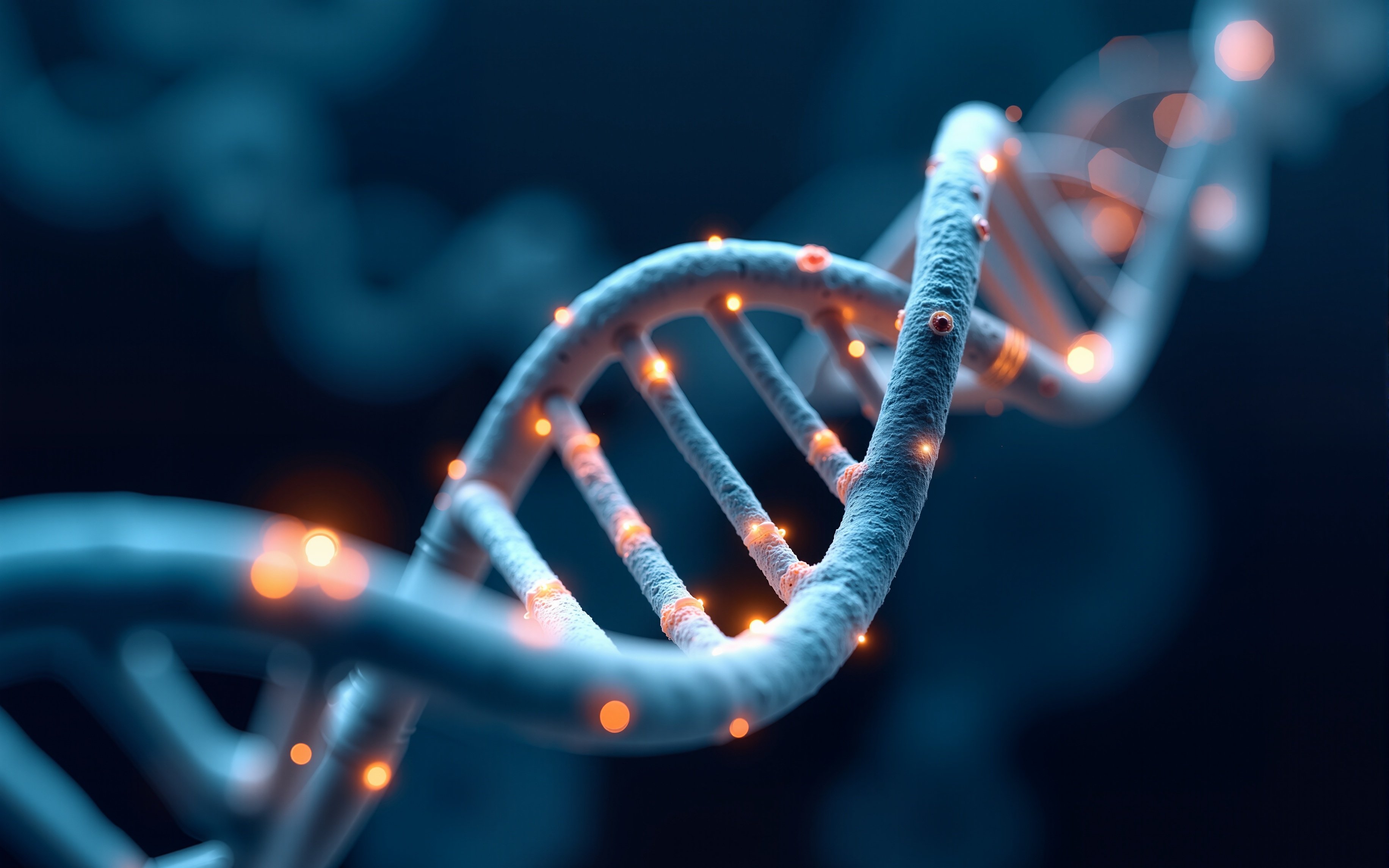
.jpg)

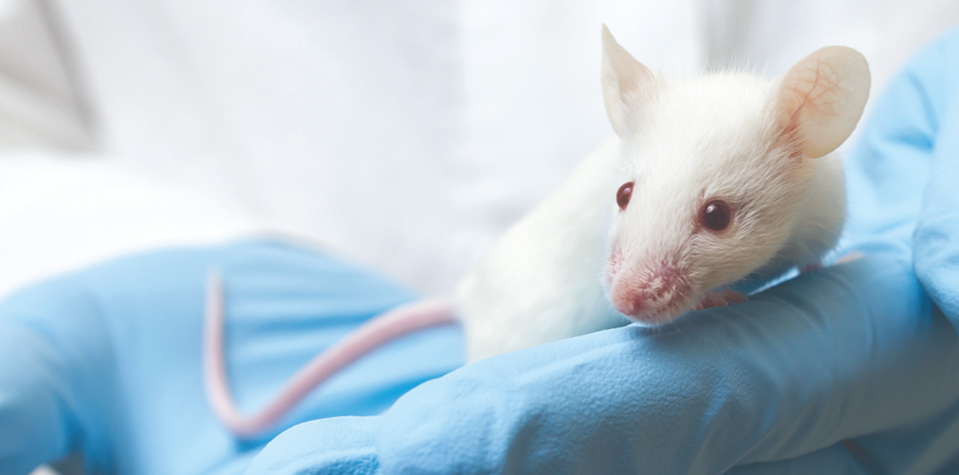

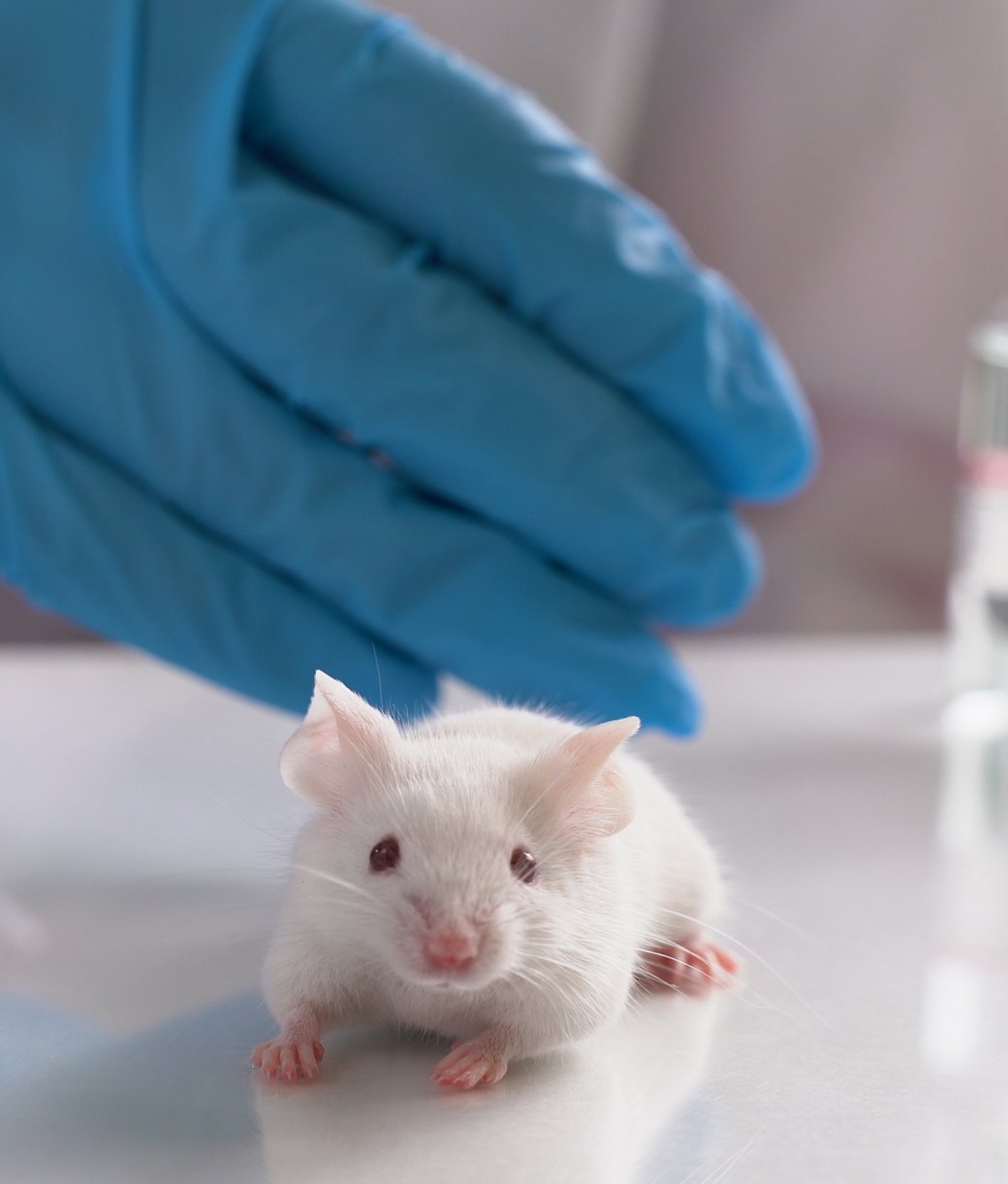

.jpg)

.jpg)




